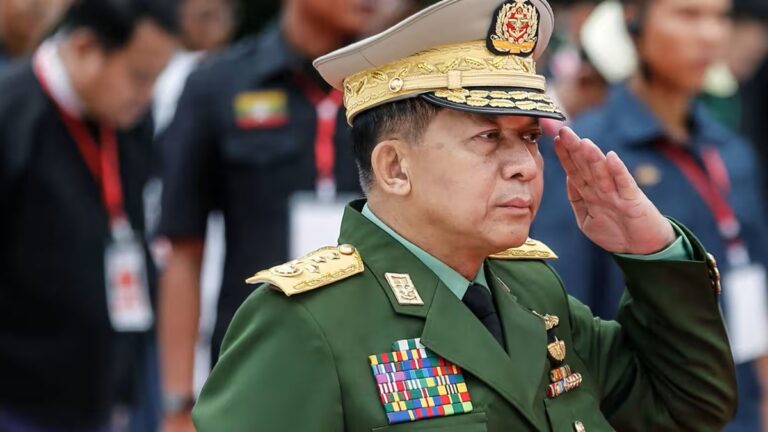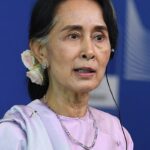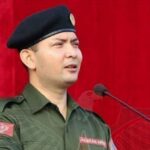
General Min Aung Hlaing
Commander-in-Chief of the Armed Forces
Min Aung Hlaing is a Burmese military officer who has held significant power in Myanmar since leading a coup in February 2021. Born on July 3, 1956, in Tavoy (now Dawei), Myanmar, he studied law before joining the military. Graduating from the Defense Services Academy in 1977, he rose through the ranks, becoming Commander-in-Chief of the Myanmar Armed Forces (Tatmadaw) in 2011. His tenure has been marked by controversy, including allegations of human rights abuses and the suppression of democratic movements.
Military Career and Political Rise
Min Aung Hlaing’s military career began after his graduation from the Defense Services Academy in 1977. He held various commands and eventually became Commander-in-Chief of the Tatmadaw in 2011. During the period of civilian rule from 2011 to 2021, he worked to ensure the military’s continued role in politics and forestalled the peace process with ethnic armed groups. A United Nations fact-finding mission found he deliberately perpetrated the Rohingya genocide. He maintained an adversarial relationship with democratically elected State Counsellor Aung San Suu Kyi, though she defended him against genocide charges.
2021 Coup and Aftermath
In February 2021, Min Aung Hlaing led a coup that ousted the democratically elected government of Aung San Suu Kyi. He justified the coup by alleging widespread electoral fraud in the 2020 general election, which Suu Kyi’s National League for Democracy (NLD) won by a landslide. Following the coup, Min Aung Hlaing assumed leadership as Chairman of the State Administration Council and later appointed himself Prime Minister in August 2021. In July 2024, he also took on presidential duties.
The coup sparked widespread protests and a brutal crackdown by security forces, leading to thousands of deaths and a protracted civil conflict. Min Aung Hlaing’s regime has faced international condemnation for its actions, including sanctions from various countries and organizations.
The Washington Post
Current Situation
As of May 2025, Min Aung Hlaing’s government continues to face significant opposition from both domestic and international actors. The civil conflict remains ongoing, with various ethnic armed groups and pro-democracy forces challenging the military’s authority. Efforts by regional organizations, such as the Association of Southeast Asian Nations (ASEAN), to mediate peace have had limited success. The international community continues to call for a peaceful resolution to the crisis and accountability for human rights violations.



